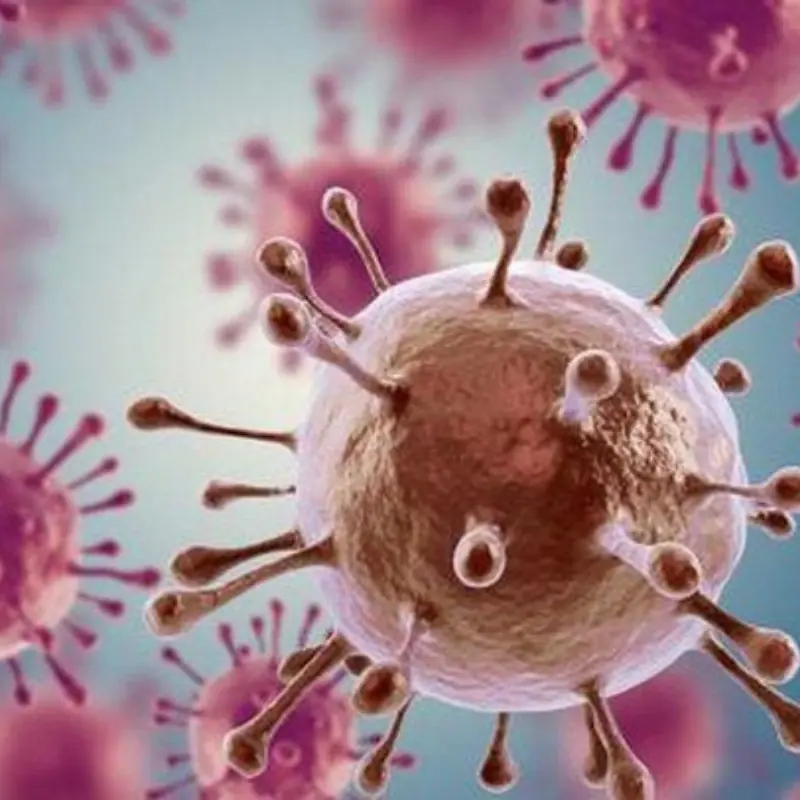
A 5-Minute Test That Could Save Thousands of Lives Every Year: Who Should Get It Done Immediately
A 5-Minute Test That Could Save Thousands of Lives Every Year: Who Should Get It Done Immediately
Recently, a health authority has encouraged eligible individuals to undergo a simple health screening that could help detect hidden issues early on.
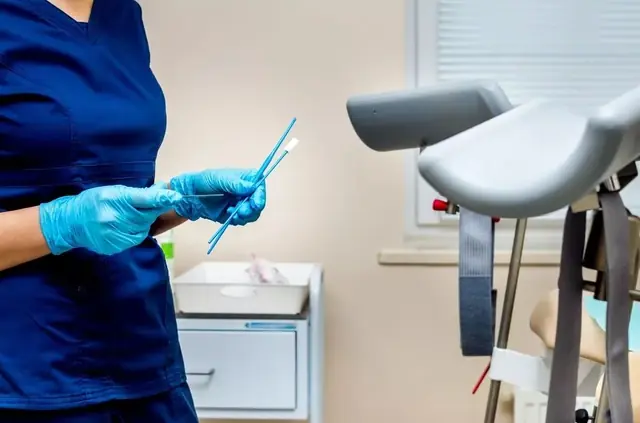
According to the Mirror, the UK's National Health Service (NHS) has urged those who qualify to undergo cervical screening—a quick and effective test that could save lives.
During the screening, you lie down while a nurse inserts a speculum into the vagina to view the cervix. A soft brush is then used to collect cervical cell samples. The entire procedure typically takes around five minutes.
On its official website, the NHS states that all women aged 25 to 64 should attend cervical screenings regularly. The recommended frequency is every three years for women aged 25–49, and every five years for those aged 50–64. Women aged 65 and over should only be screened if recent results were abnormal.
In a post on social media platform X on March 31, the NHS wrote:
“Cervical screening saves thousands of lives each year. If you've missed or not yet booked your appointment, contact your GP or local sexual health clinic today.”
The NHS explains:
“Cervical screening checks the health of your cervix and helps detect abnormal changes before they can develop into cancer. It’s not a cancer test, but a test to help prevent cancer.”
The screening looks for high-risk types of the human papillomavirus (HPV)—a common virus that can lead to abnormal cervical cell changes. If high-risk HPV is found, the same sample is then checked for abnormal cells.
If abnormal cells are detected, they can be treated early to prevent cervical cancer from developing.
HPV is a common virus spread through sexual contact, skin-to-skin contact in the genital area, and shared sex toys.
While the body often clears HPV naturally without issue, some high-risk types can persist long-term and, in the worst cases, cause genital warts or cervical cancer.
News in the same category


Do Birth Control pi.lls Cause Stro.ke in Women? Important Safety Reminders When Using Contraceptive pi.lls

Dull abdominal pain, abdominal pain around the navel, be careful because you may have this disease
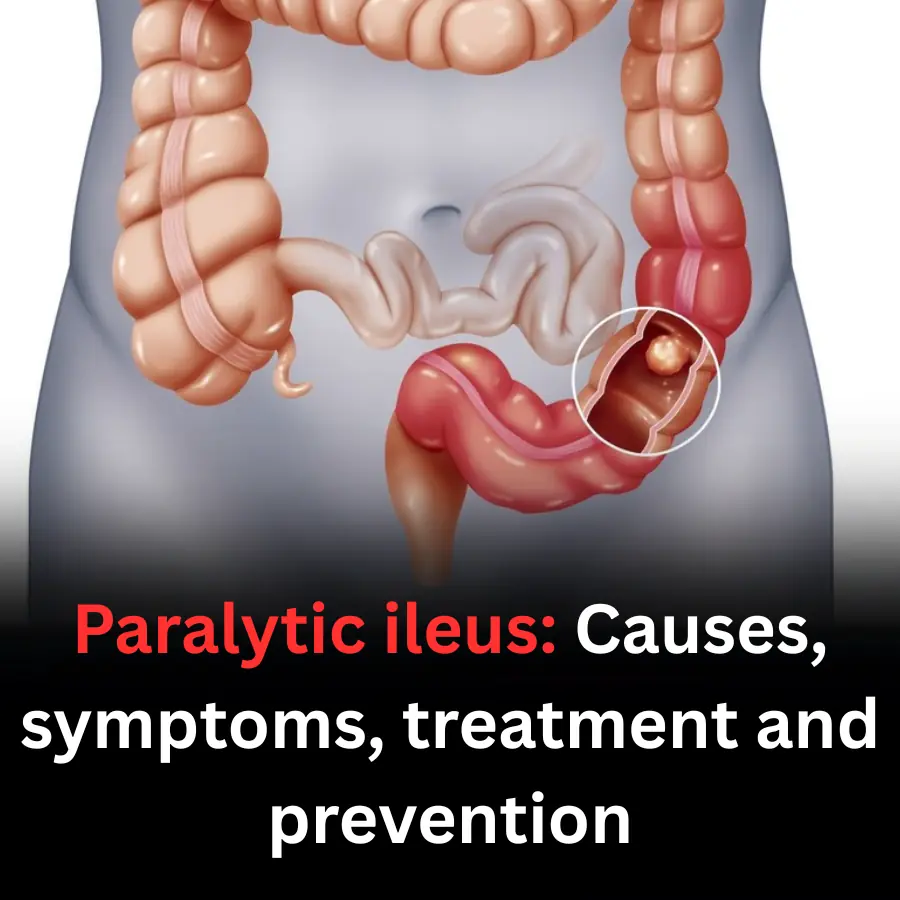
Paralytic ileus: Causes, symptoms, treatment and prevention

8 Early Warning Signs of Kid.ney Failure – Young People Should Also Stay Alert

7 Persistent 'Minor Illnesses' That May Signal Can.cer – Don’t Ignore Them!

What happens to your bo.dy when you frequently stay up late?

5 types of drinks that help lower blo.od sugar quickly

Experts explain why sleeping in a car can be f.a.t.a.l

Many people still have the habit of drinking these beverages daily

This vegetable de.stroys more than 90% of ca.ncer cells, but everyone thinks it is a wild vegetable without paying attention
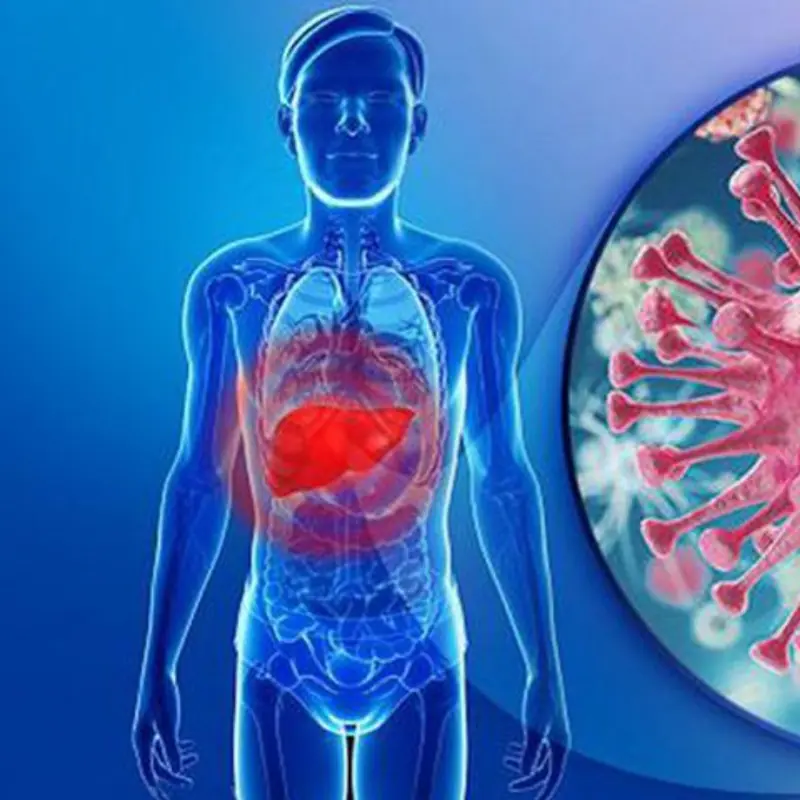
When the Liver Is Unhealthy, the Body May Show '3 Yellows and 1 Red'

Signs of cancer from black spots on the feet
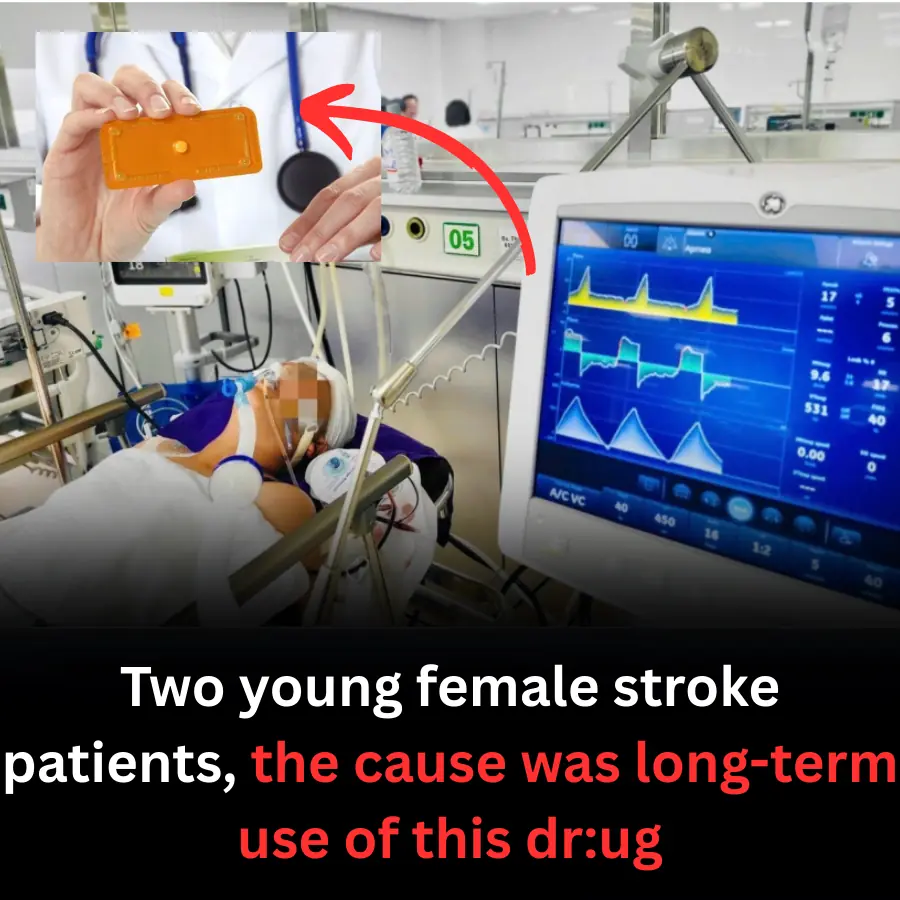
Two young female stroke patients, the cause was long-term use of this drug

Which Is the Most Nutritious: Chicken Eggs, Duck Eggs, Goose Eggs, or Quail Eggs?

Fig Leaves: A Natural Antidiabetic

3 sisters over 100 years of age share their reasons for a long and healthy life
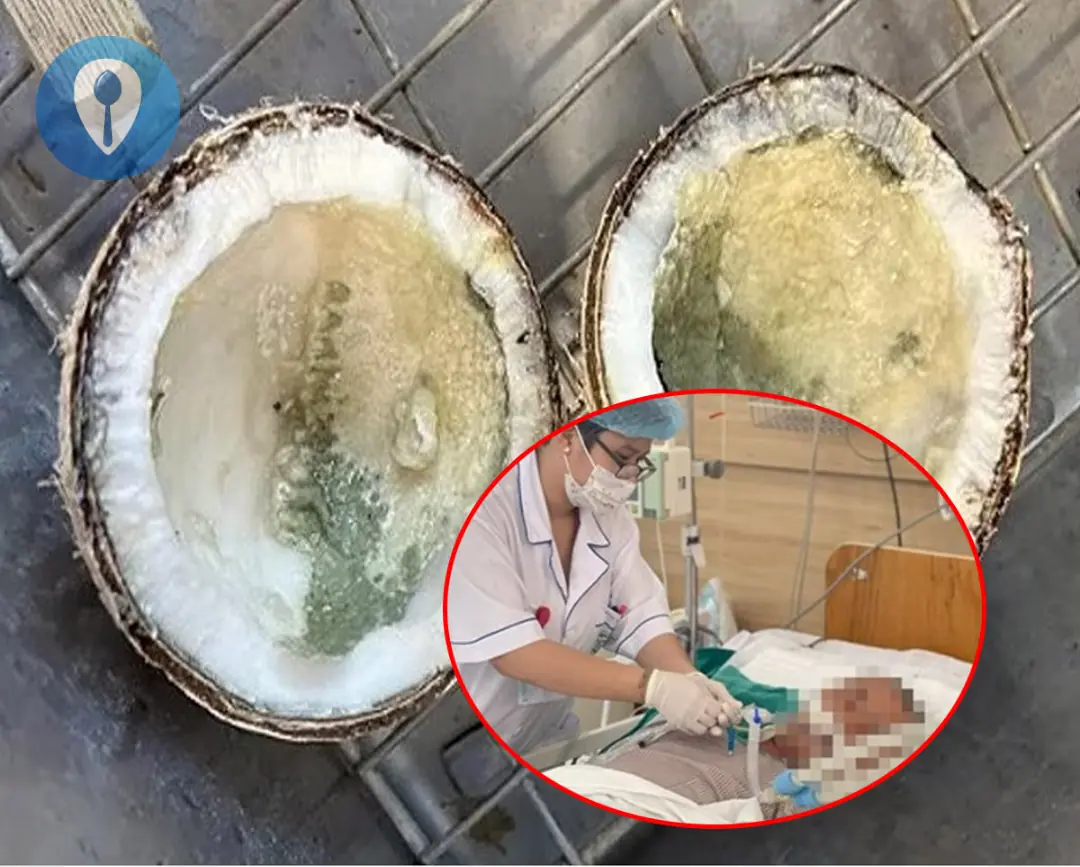
69-year-old man d.i.es after drinking coconut water: URGENT warning about a mistake
News Post

Be sure to unplug to reduce electricity bill

Add One of These 3 Ingredients to Your Rice Cooker – You’ll Never Want to Cook Rice the Old Way Again

Cooking Eggs the Wrong Way Can Be Like "Poi.soning" Your Body – Mistake #2 Is Especially Common!

Why Do Healthy People Suddenly Die After Being Diagnosed with Can.cer? Doctors Explain the Reasons

Do Birth Control pi.lls Cause Stro.ke in Women? Important Safety Reminders When Using Contraceptive pi.lls

Dull abdominal pain, abdominal pain around the navel, be careful because you may have this disease

Paralytic ileus: Causes, symptoms, treatment and prevention

Don't Just Use Sugar and Fish Sauce for Marinated Grilled Meat — Add This Liquid for Tender, Flavor-Packed Pork You’ll Never Forget

A Logic Puzzle That Stumped Many — Can You Solve It?

8 Early Warning Signs of Kid.ney Failure – Young People Should Also Stay Alert

Your Phone's Volume Buttons Aren’t Just for Adjusting Sound: 5 Hidden Functions You Might Be Missing

7 Persistent 'Minor Illnesses' That May Signal Can.cer – Don’t Ignore Them!

What happens to your bo.dy when you frequently stay up late?
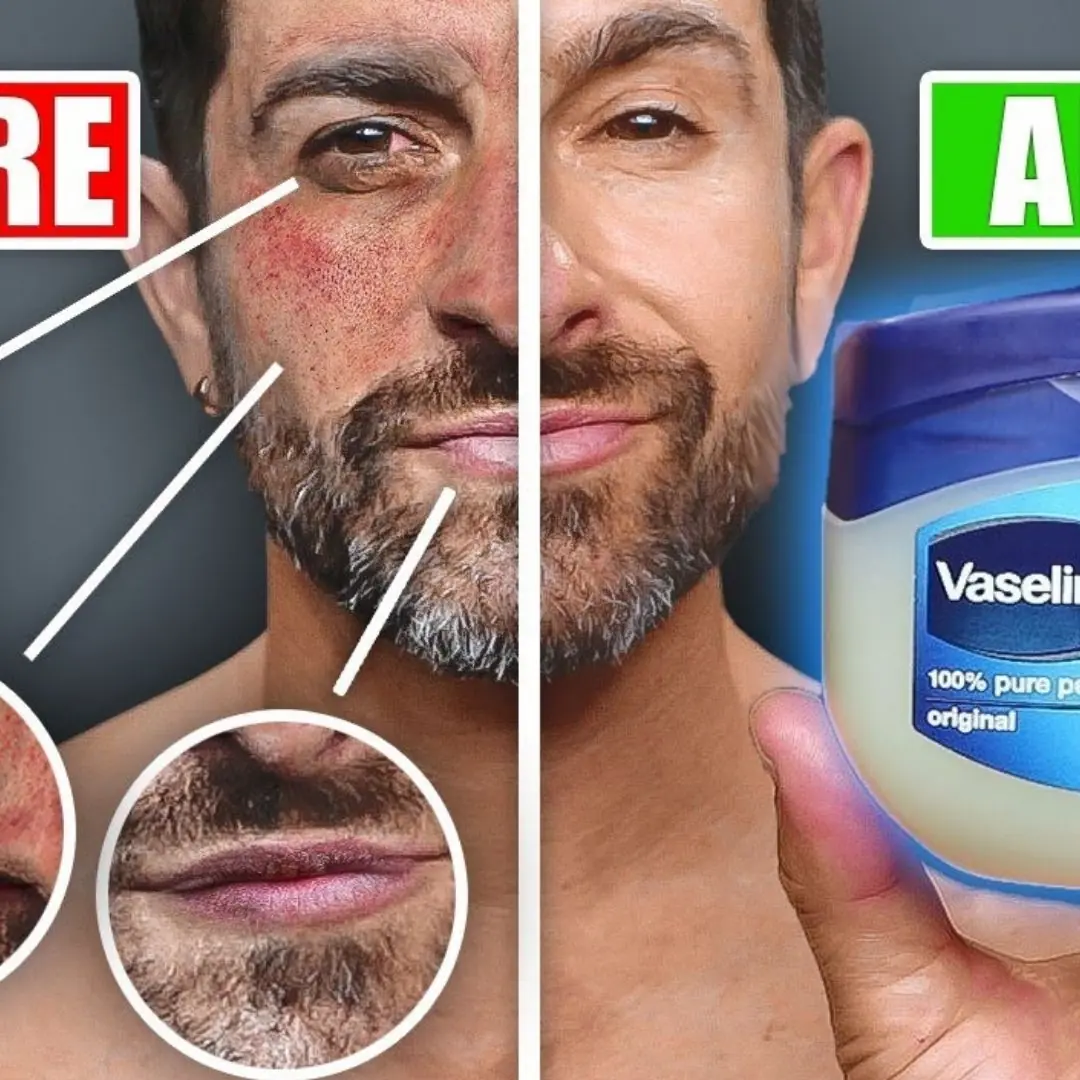
Here’s What Happens When You Use Vaseline as a Moisturizer

5 types of drinks that help lower blo.od sugar quickly

Great tip every family needs

Experts explain why sleeping in a car can be f.a.t.a.l

Many people still have the habit of drinking these beverages daily

This vegetable de.stroys more than 90% of ca.ncer cells, but everyone thinks it is a wild vegetable without paying attention
